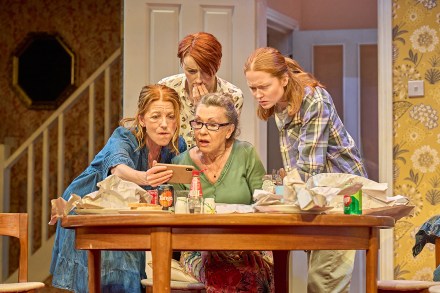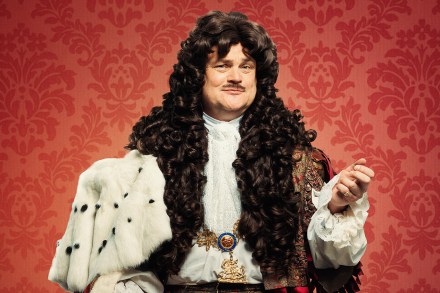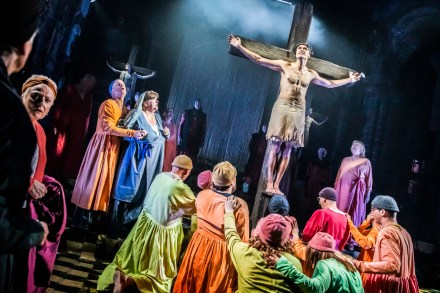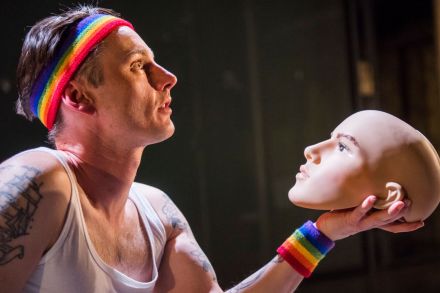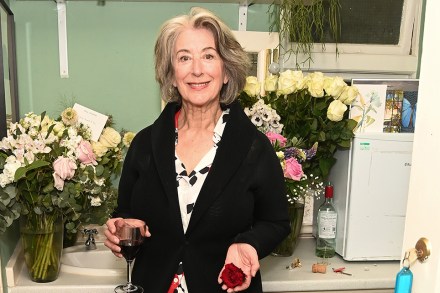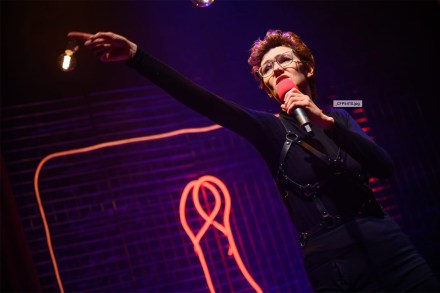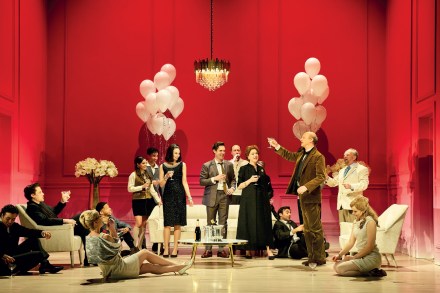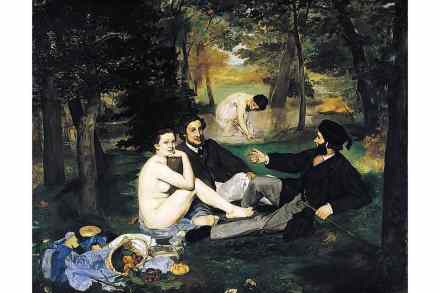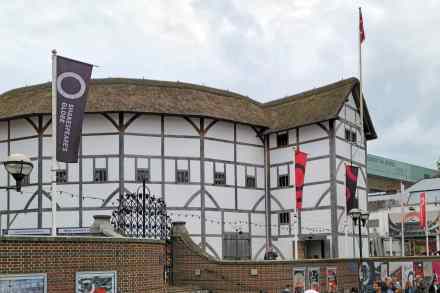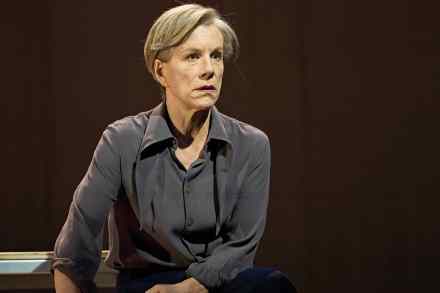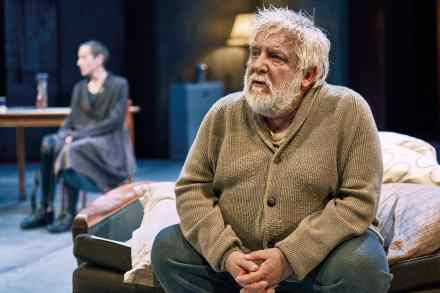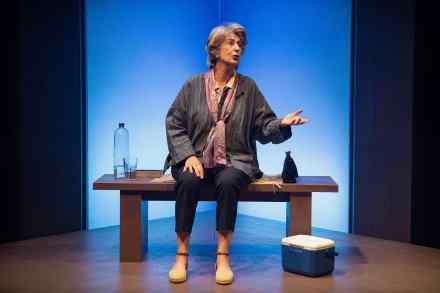Finally an entertaining play at the Royal Court: Cuckoo reviewed
The boss of the Royal Court, Vicky Featherstone, will soon step down and she’s using her final spell in charge to try an unusual experiment. Can she entertain the punters and make them feel happy rather than forcing them to confront various forms of gloom, misery and despair? The answer is yes. Featherstone can tickle our funny bone if she wishes. Why haven’t trans activists denounced this show and demanded the performer’s cancellation? Cuckoo, by Michael Wynne, is a hilarious kitchen-sink comedy set in Merseyside with an all-female cast. Some critics have likened it to a Carla Lane sitcom and the domestic set-up owes an obvious debt to the Royle
